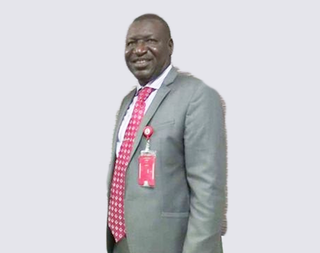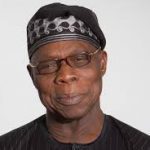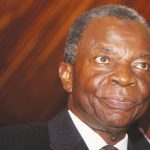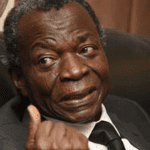The Economic and Financial Crimes Commission has urged the National Assembly to establish special courts to handle cases relating to corruption in Nigeria.
This is just as the House of Representatives has queried the failure to allow the EFCC to retain five per cent of its recoveries for the running of its operations.
The Acting Chairman of the EFCC, Mohammed Umar, had on Wednesday in Abuja appeared before the House Committee on Financial Crimes to defend the commission’s 2021 budget proposal.
A breakdown of 2020 budget performance report showed that N24.99bn was appropriated for Personnel Cost, out of which the sum of N21.397bn had been released for the payment of salaries and allowances of staff between January and September.
The sum of N17.603bn had so far been utilised as of the end of September 2020.
The sum of N3.6bn was appropriated for Overhead Cost in 2020, out of which N2.1bn had been released as of September 30, with N1.22bn so far utilised.
Also, the sum of N4.09bn was appropriated for Capital expenditure, out of which N1.638bn had been released as of September.
Umar told the lawmakers that procurement processes for 2020 capital project were still ongoing and the funds would be utilised as soon as the processes were over.
Umar said total releases to the EFCC as of September 2020 was N25.136bn, representing 70.8 per cent of total appropriation.
He said release for Personnel Cost was N21.98bn; Overhead Cost, N2.1bn and Capital Expenditure, N1.36bn.
He added that out of the total releases, N18.23bn, representing 74.88 per cent, had been fully utilised.
A member of the committee, Abdulganiyu Olododo, asked for details of the expenditures by the EFCC, saying as one of the agencies respected in the country, the commission needs to be open and accountable in whatever it is doing.
Other members of the committee also noted that while 2020 is not yet over, the EFCC got a release of N21bn for Personnel Cost and utilised N17bn, leaving about N4bn not utilised. According to them, it means that the commission has excess money and no personnel to pay with the money.
They, therefore, called for a closer look into it “so that we can save some money from there.”
Chairman of the committee, Abdullahi Dutse, said, “Last year, you were to employ about 420 new staff (members).
I want to believe that has not been done. It was because of this that we increased the Personnel Cost to what it is.”
Responding, Umar said, “We were in the process of carrying out employment before the COVID-19 (pandemic) set in and everything had to be suspended.
That is why we have a balance in our Personnel budget of about N4bn.














